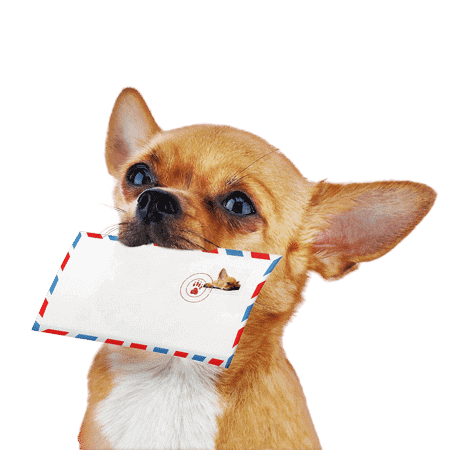Whether it’s licking the auditory conduit of his congeners or humans, you noticed that this behaviour came back to your dog. But do you know why? Several explanations are possible.
Normal canine behaviour
Dogs are animals that evolve in a social group and thus possess many ways to communicate with members of their social group.
Thus, two dogs who are “close friends” Or who are part of the same home belong to the same social group and often groom each other, especially at the ears, a place they are unable to groom alone. Within the same home, it is not uncommon for a dog to groom the ears of the family’s cat if they get along well. You can also be entitled to good grooming of the auditory ducts by your dog.
This behaviour is quite normal in the dog then means “I am comfortable with you and I accept you as part of my family, from my social group “, or “I respect you and I appreciate you “
Note that by licking the ears of another dog, your pet captures chemical messengers that participate in intraspecific communication. The ears have indeed glands located below, which produce pheromones of sexual and social identification.
A soothing ritual
Corporal contact, like ear licking, can also have a calming effect on your dog. Thus, it is not uncommon for the licking to intervene when your dog knows you energetic; after he did something, he knows to be forbidden. The dog usually approaches with the folded ears in low posture and starts to lick hands, ears and neck. In this particular context, you lick your ears is part of his soothing ritual. In doing so, he calms his anxiety and seeks to avoid conflict.
A penchant for taste Cerumen
The last explanation would hold in tastes a few—individuals from your pet. The latter can also simply have a particular appetite for cerumen. The slightly salty secretions of the auditory canal can please him and flatter his palace and encourage him to lick the auditory conduits of another animal.
Dogs can also be attracted to the change of smell (and probably taste) of flow in one ear when an infection is developing. Thus, the sudden interest in another animal’s ears can reveal the occurrence of a health problem at the latter. So be particularly attentive .ve
In any case, it is better to discourage this behaviour so as not to trigger or aggravate an infection through the saliva of your faithful canid.





